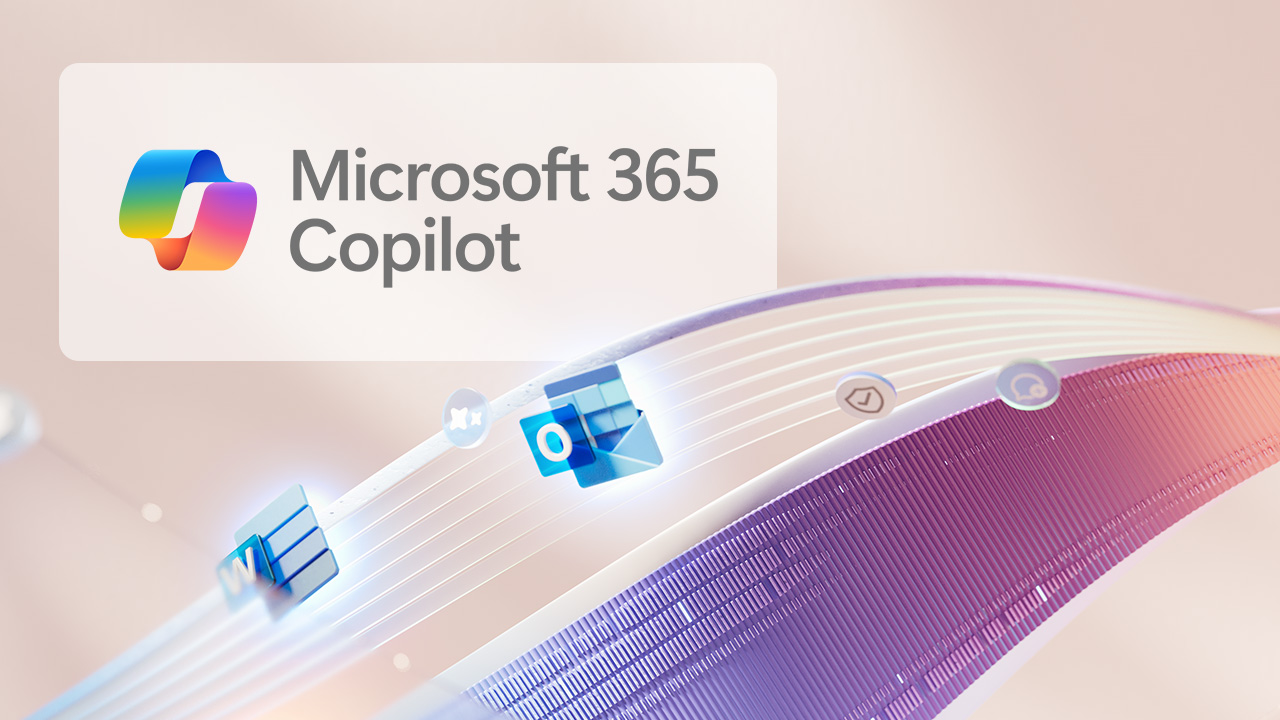Google is launching two new AI-powered features in its Search and Discover tools to help people connect with more recent content on the web. The first feature upgrades Discover. It shows brief previews of trending stories and topics you care about, which you can expand to view more.
Each preview includes links so you can explore the full content on the web. This aims to make catching up on stories from both known and new publishers easier. The feature is now live in the US, South Korea and India.
The second is a sports-oriented update in Search: when looking up players or teams on your phone, you’ll soon see a ‘What’s new’ button. That will surface a feed of the latest updates and articles so you can follow recent action more directly. Rolling out in the US in the coming weeks.
These features are part of Google’s effort to use AI to help people stay better informed about topics they care about, trending news, sports, etc. At the same time, Google emphasises that web links remain a core part of the experience, helping users explore sources and dive deeper.
Would you like to learn more about AI, tech and digital diplomacy? If so, ask our Diplo chatbot!









